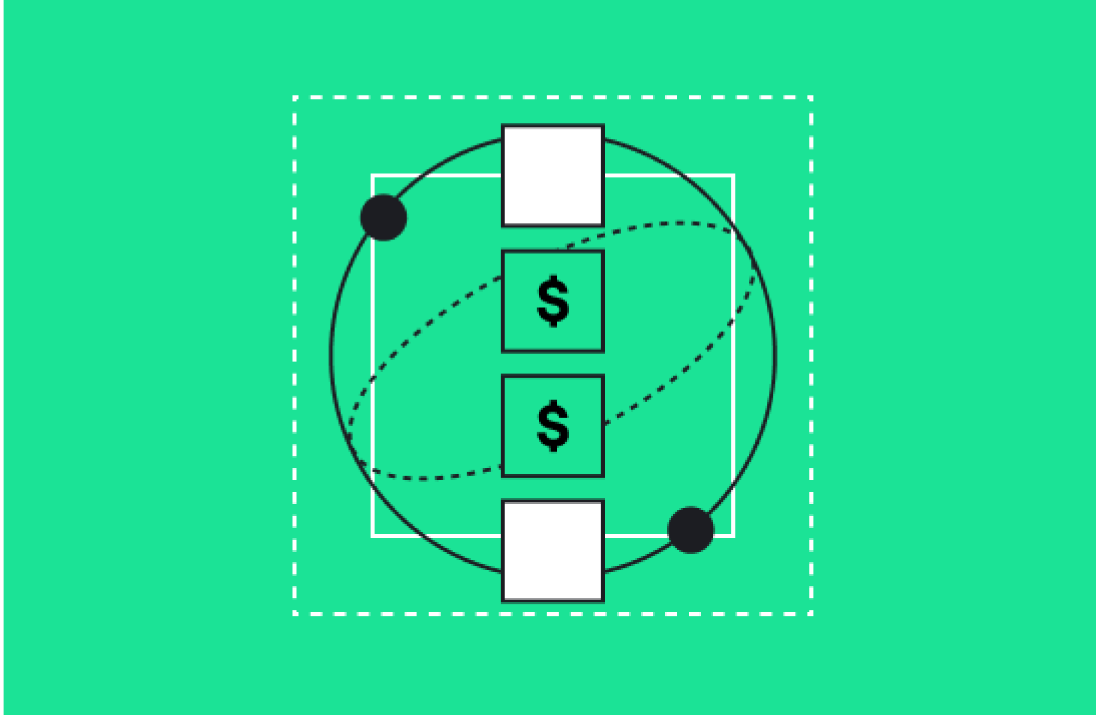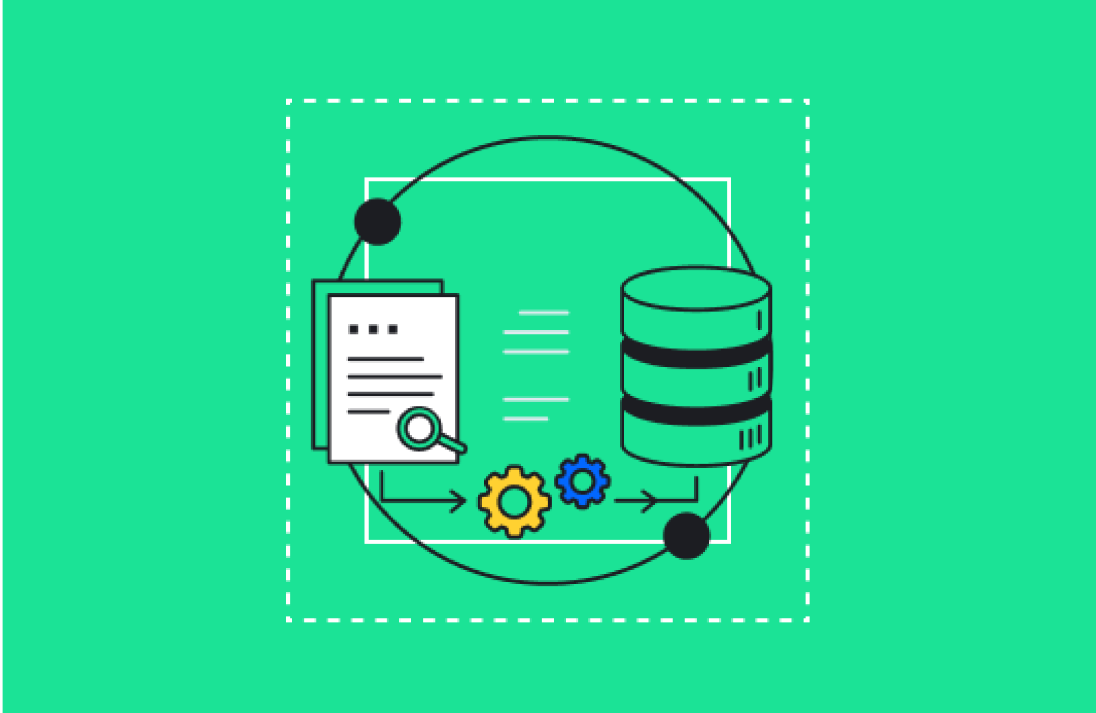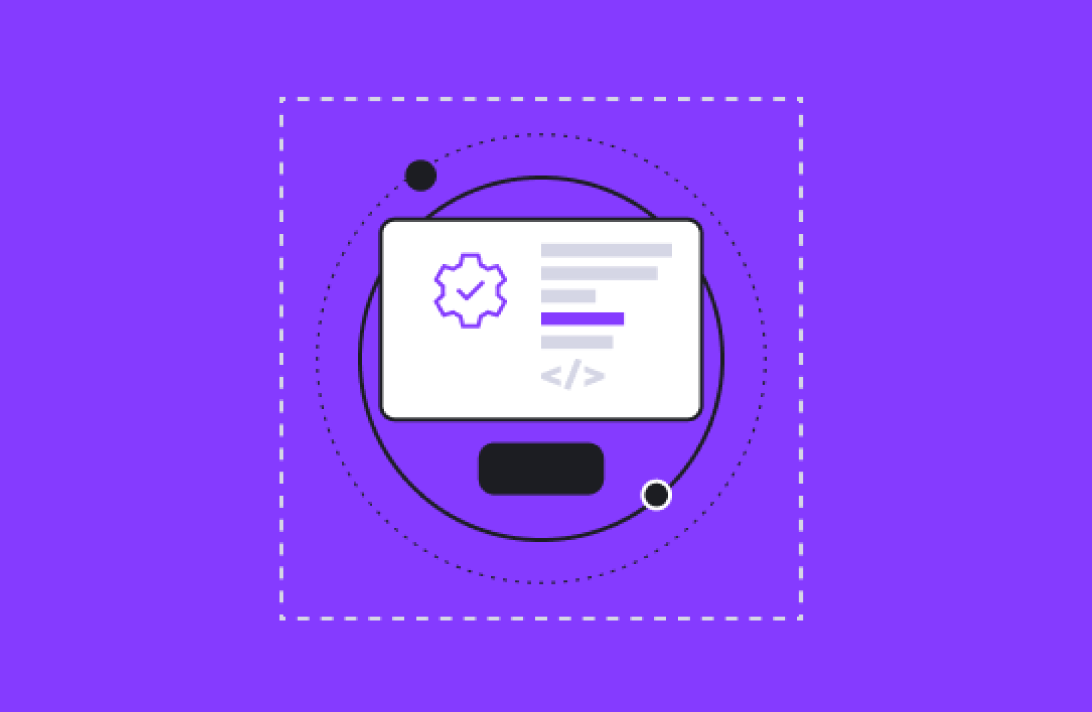HubSpot Custom Events let you capture, analyze, and automate around any interaction that happens inside or outside your CRM. From product logins to offline conversions, they unify behavioral and operational data so your team can personalize workflows, measure engagement, and trigger automation based on the actions that matter most.
What Are HubSpot Custom Events?
HubSpot Custom Events are flexible data objects that record specific customer actions, both online and offline, across any Hub. They replaced “Custom Behavioral Events” and now allow tracking of activity from websites, apps, CRMs, or imports, essentially any system integrated with HubSpot.
Each Custom Event logs a distinct action such as a form submission, product login, demo attendance, or invoice payment. Unlike standard events (which track only preset actions like page views or clicks), Custom Events let you define exactly what’s important to your business. They support high-volume data capture, up to 30 million events per month and can be managed through HubSpot’s UI, JavaScript, or API.
How Do I Create or Set Up Custom Events in HubSpot?
You can create HubSpot Custom Events through three primary methods: the Event Visualizer (no-code), JavaScript tracking, or the API for custom integrations. Each approach lets you define the event name, properties, and triggers that determine when the event is recorded.
- Event Visualizer (Marketing Hub Enterprise): Ideal for marketers tracking web interactions without code. You select on-page actions (clicks, form submissions) and define them as events.
- Custom JavaScript: Allows front-end developers to embed HubSpot’s tracking code directly on your site or app for granular event tracking.
- API or Import: Use HubSpot’s Event Definition API and Send Custom Event endpoint to record backend or offline activities, or upload a CSV to sync offline interactions.
Best practice: include relevant event properties (like “plan type” or “campaign name”) so you can segment and report later.
If you’re looking to streamline setup or integrate custom JavaScript tracking, our HubSpot Marketing Hub Implementation team can help configure event tracking tailored to your workflows.
What Can I Track or Accomplish with HubSpot Custom Events? (Use Cases)
Custom Events can track virtually any customer action, from digital engagement to offline conversions, making them essential for attribution, personalization, and automation. You can use them to unify cross-channel data, improve product insights, and trigger dynamic workflows.
Top Use Cases:
- Product Engagement Tracking: Monitor feature usage, trial activations, or logins to understand adoption trends.
- Marketing Personalization: Trigger workflows or dynamic content when users perform high-intent actions (e.g., watching a demo video).
- Offline Event Tracking: Upload in-person interactions such as trade show visits or partner-generated leads.
- Revenue Attribution: Tie custom milestones (like “proposal sent”) to deal stage progressions.
- Lifecycle Analytics: Use event data in Journey Reports to visualize customer paths and identify bottlenecks.
Why Use HubSpot Custom Events vs. Standard Events or Properties?
Standard events and properties have limits, they track predefined metrics like page views or form fills. Custom Events, on the other hand, let you define and measure any behavior relevant to your business, giving deeper control over attribution and automation.
Where standard events capture simple web activity, Custom Events expand that visibility to every system touchpoint. You can track interactions beyond HubSpot’s default objects, attach multiple contextual properties, and use them across Marketing, Sales, and Service Hubs.
This flexibility turns your CRM into a unified behavioral data layer, no longer dependent on manual imports or external analytics tools.
How Do HubSpot Custom Events Integrate with Reporting and Workflows?
Custom Events integrate natively with HubSpot’s reporting, dashboards, and workflows. You can trigger automations based on specific event completions, visualize customer journeys, and include event data in custom reports or datasets for deeper analysis.
- Workflows: Trigger email sequences, lifecycle updates, or deal creation when a specific event fires (e.g., “webinar attended” → move to MQL).
- Reporting: Use event properties in single-object or cross-object reports, dashboards, and Data Hub datasets for granular segmentation.
- Journey Analytics: Combine event data with contact, company, or deal metrics to map end-to-end engagement.
- Operations Hub & Data Hub Integration: Events can now sync directly into HubSpot’s unified Data Hub, enabling smarter enrichment and AI-driven insights.
HubSpot Custom Events turn your CRM into a single source of behavioral truth. By defining and capturing the exact actions that matter, from sign-ups to renewals, you unlock more accurate reporting, automation, and personalization. Whether you’re tracking customer journeys or connecting offline touchpoints, Custom Events give you the visibility to act with confidence.
Explore more in our Marketing Hub Implementation Services or Contact Aptitude 8 to start implementing advanced event tracking today.





